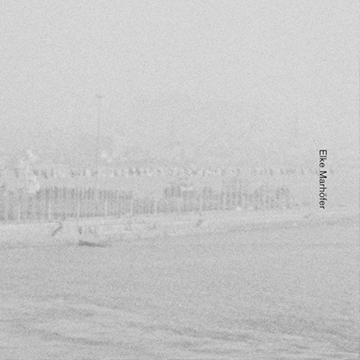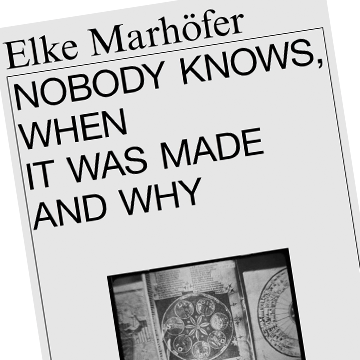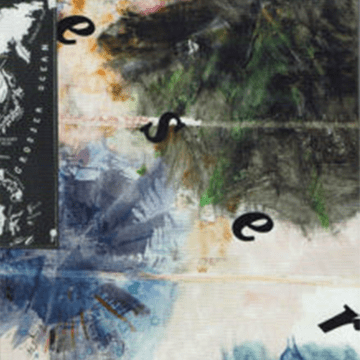This publication is the result of the Instituting edition of HKW’s New Alphabet School, Athens, June 2021, realized in cooperation between Haus der Kulturen der Welt Berlin, EIGHT/TO ΟΧΤΩ—Critical institute for arts and politics Athens, and Goethe Institut Athens.
Tag: research
I Come from a Long Line of People Who Don’t Use Words
The book I Come from a Long Line of People Who Don't Use Words is a collection of poems by artist Tiziana La Melia, translated into Italian. It includes a selection of poems from her first two books of poetry and a new body of work titled The Simple Life, which focuses on collective healing through food preparation and magic culinary therapies.
Gbegbetopia—Maison Gbegbe
Maison Gbegbe is a cultural center in Togo that aims to bring together different cultures, traditions, religions, and knowledge systems, and to create a space for exchange, reconcil- iation, and critical thinking. The project is a collaborative effort involving members of the Union des Cultes Traditionnels du Togo (UCTT) in Agouegan, L’Africaine d’Architecture, art&dialogue e.V., and a pre-configuration committee.
Echos der Bruderländer Reader
Der Reader zum Projekt Echos der Bruderländer versucht eine Aufarbeitung des historischen Austauschs zwischen der Deutschen Demokratischen Republik (DDR) und ihren sogenannten ‚Bruderländern‘. Die Publikation, die anlässlich des gleichnamigen Forschungs- und Ausstellungsprojekts im Haus der Kulturen der Welt (HKW) erscheint, versteht den Begriff des Echos als Dreh- und Angelpunkt, um die ästhetischen, sozialen und politischen Implikationen einer Epoche aus der Perspektive derjenigen zu untersuchen, die von der Staats- und Arbeitspolitik der DDR zutiefst betroffen waren, aber in der Geschichte der DDR kaum wahrgenommen werden.
No, I Am Not a Toad, I Am a Turtle
The publication No, I Am Not a Toad, I Am a Turtle goes back to a three year long research and a film project by Elke Marhöfer on the Korean song form of ‘pansori’ music. Confronted with an animist ontology, growing from the research, the publication revisits discredited philosophies based upon believes on souls and spirits, and questions how modernity designed and conceptualized the relationships and boundaries between ‘humans,’ ‘animals,’ ‘plants’ and ‘things.’
Nobody Knows, When it Was Made and Why
The publication takes a fresh look at Aby Warburg’s prominent Mnemosyne Atlas. Reflecting on the fact that research, be it art or science based, is a historical and anthropological procedure that is closely related to colonialism, the film and the two essays rethink how Warburg creates a relational and trans-cultural methodology. Inhuman and animating forces of images, things, animals, people, minerals, amulets and dices, solar and lunar eclipses, intestines, magic stones and starry heavens stemming from Iran, Iraq, Syria and Jordan suggest exploring Mnemosyne Atlas outside of European cultural history and the imagination of itself.
Eser
Eser is a comprehensive publication on Judith Raum’s works, installations and lecture performance texts from 2011 to 2014. It is also a theoretical reader and material collection on the semi-colonial advance of German entrepreneurs and bankers into the Ottoman Empire before World War I in connection with the construction of the Anatolian Railway. In this frame, the logic of capitalism and geopolitical interests connected the engineers’ tasks with less obvious efforts: to get a hold of Anatolian agriculture, archaeology and the working conditions in the country. Judith Raum’s work suggests that gestures and rhetoric of power and domination are the consequences of an economic principle that did not end with the colonial era and in fact persist today. Her works and texts take her research on site and in archives as a starting point, they exhibit an autonomous aesthetic dimension, however, and as such suggest an alternative approach to ‘artistic research’.






